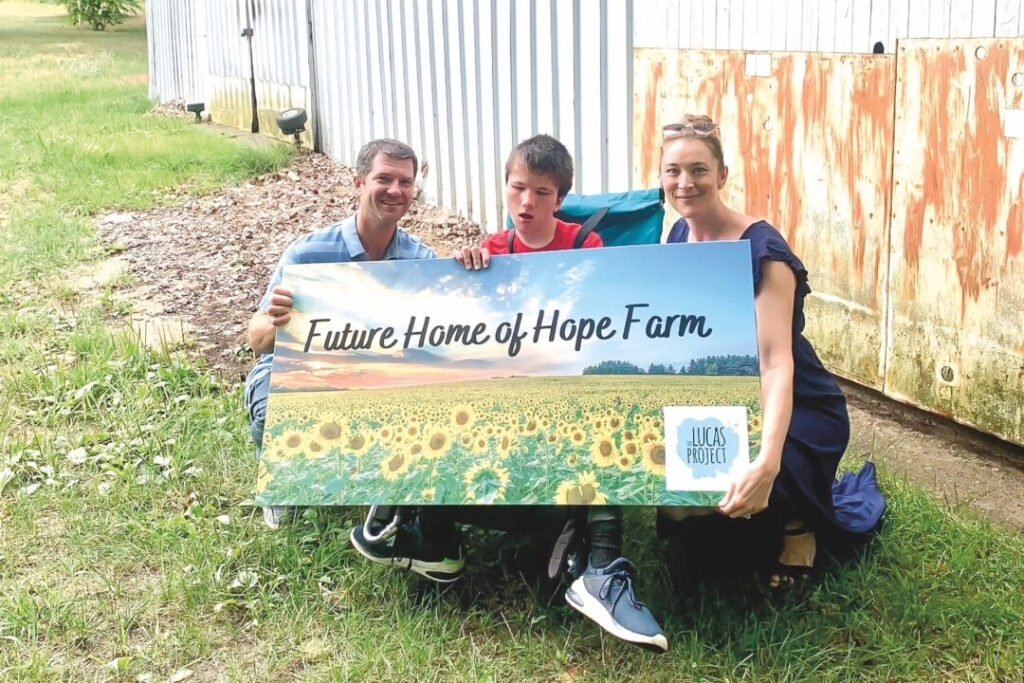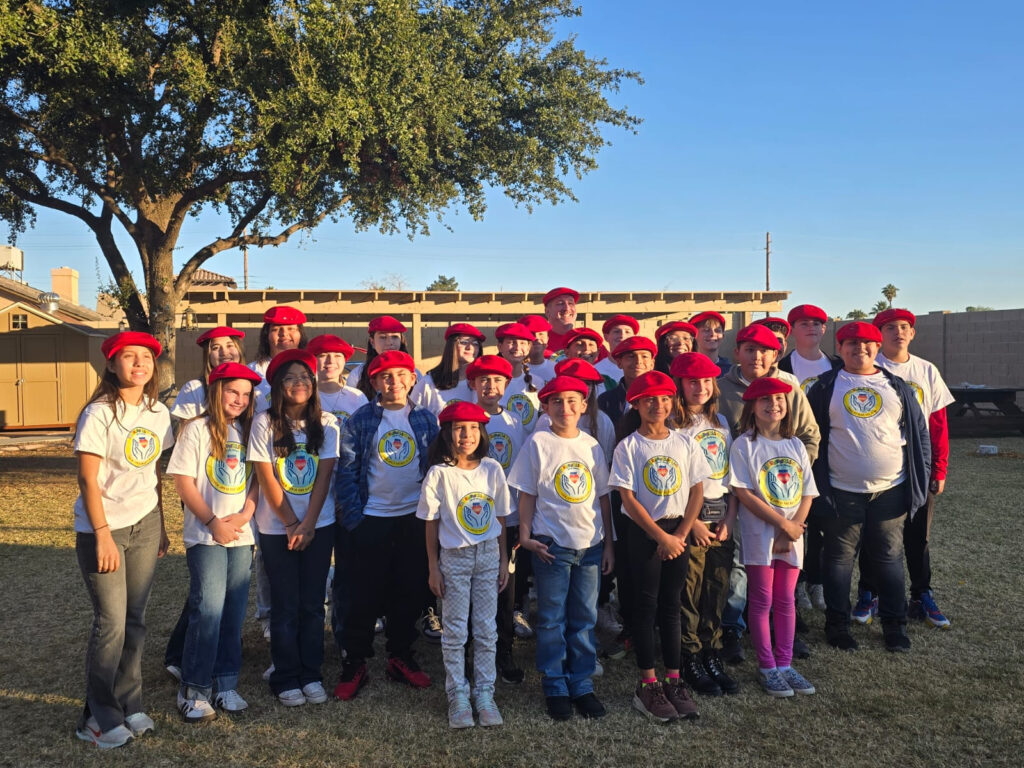Mike Rowe, America’s perpetual apprentice, has been giving viewers a front-row seat to our country’s dirtiest jobs for nearly 20 years.
The episodes of his show, “Dirty Jobs,” are a veritable archive of the various icky substances in earthly existence—sludge, slime, gunk, and grime—that he’s either had to clean, wade through, extract, or pick away at, often in the dirtiest, hottest, and smelliest of conditions.
Encounters with the animal kingdom are a category unto themselves. Given the close degree of proximity, these engagements are unpredictable: Rowe has gotten bitten by some creatures—ostriches, catfish, snakes, sharks—and gotten up close and personal with others—such as beavers, which he’s had to sniff to determine their sex.
OK, there are clean jobs, too. The yuck factor may be absent, but cue in the petrifying situations, such as scuba diving to the ocean floor and releasing fish blood and guts for “Shark Week.” (Don’t worry, Rowe was wearing a stainless steel chain-mail suit—which helps, he found out, when you’re being shaken like a rag doll by a group of sharks.) Or what about when he walked up 24.5-inch-diameter cables on the “Mighty Mac” bridge in Michigan to change light bulbs atop its towers, 552 feet up, only to realize that he was no longer safely clipped in?
But the stunts are not the point. The premise of “Dirty Jobs,” with no actors, no scripts, and no second takes, is all about showing America what it’s like to do a job that’s needed, a job that’s hard, and often messing it up in the process. The show ran from 2003 to 2012 and returned for a season in 2022. In between, it has never stopped airing.
In all, Rowe has performed more than 350 jobs, learning under the tutelage of hardworking Americans and having fun in the process.
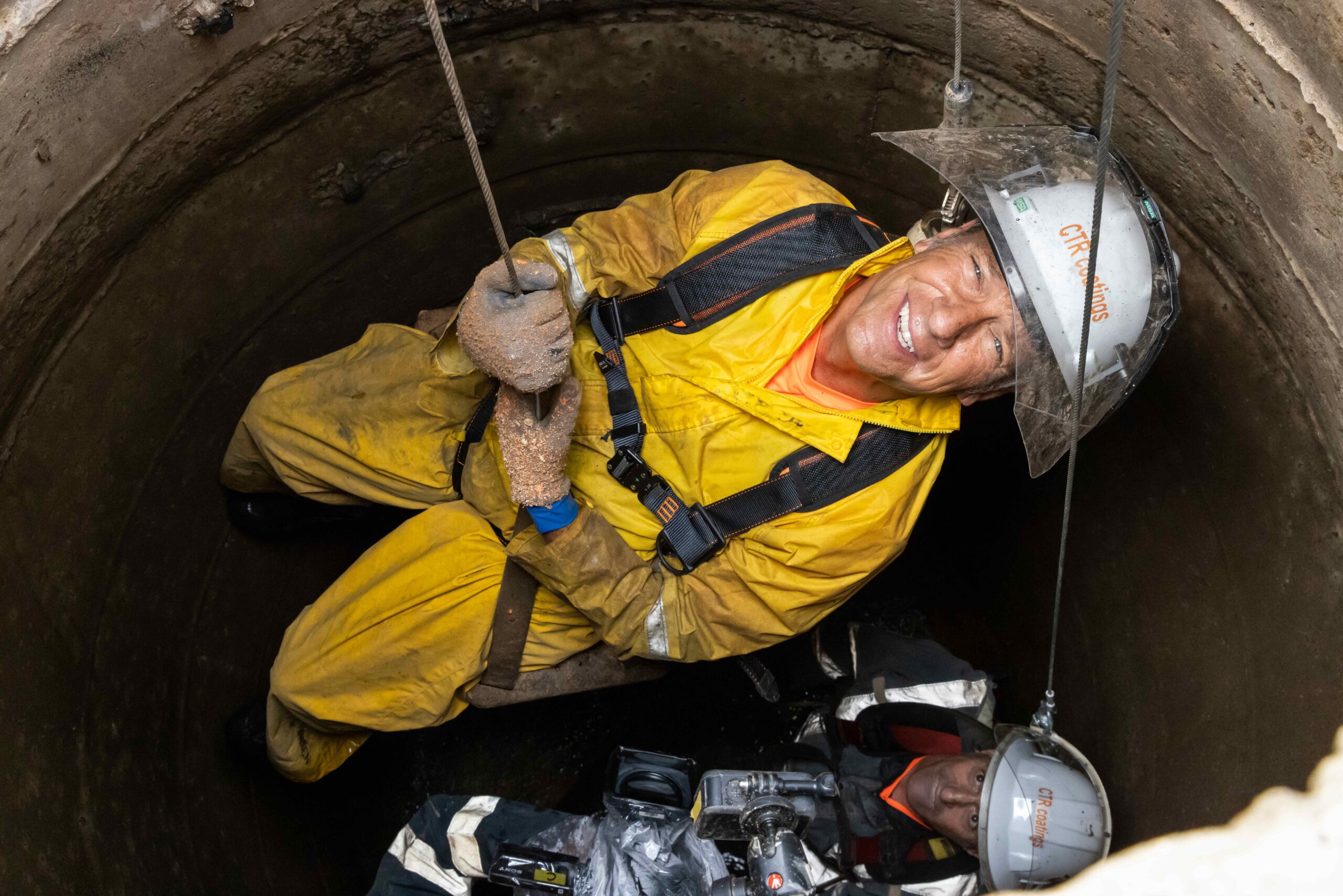
Pop’s Wisdom
“Dirty Jobs,” as Rowe says, is ultimately a tribute to someone he was very close to: his grandfather, Carl Knobel.
Though he had only been schooled until the seventh grade, Knobel had built his own home and was a master electrician, plumber, steamfitter, pipe fitter, and welder—a master jack-of-all-trades.
“He saw great dignity in all jobs,” Rowe said. “He understood, intuitively I think, that we’re all connected to work, and the way we’re connected to where our food comes from, and where our energy comes from.”
Early on, Rowe was convinced he’d follow in his grandfather’s footsteps. He tried his hand at shop classes in high school, only to face an inconvenient reality: “I didn’t get the handy gene,” he explained.
His Pop gave him a dose of wisdom: “You can be a tradesman—just get a different toolbox, because what comes easily to me is not coming easily to you.”
So Rowe set off in a new direction—writing, singing, acting, and narrating. He belted out songs at the Baltimore Opera for years and worked the graveyard shift on the QVC home shopping network selling merchandise. He hosted an evening show on Channel 5 KPIX in San Francisco, a “cushy little job” that took him to downtown museums and Napa Valley wineries.
And then one day, his mom, Peggy Rowe, called.
She said, “Michael, your grandfather turned 90 years old today—and he’s not going to be around forever. And wouldn’t it be terrific if, before he died, he could turn on the television and see you doing something that looked like work?”
“It made me laugh because it was so true,” Rowe said.
Her message was delivered with love and humor, and Rowe, who was 42 at the time, decided to take it as a challenge.
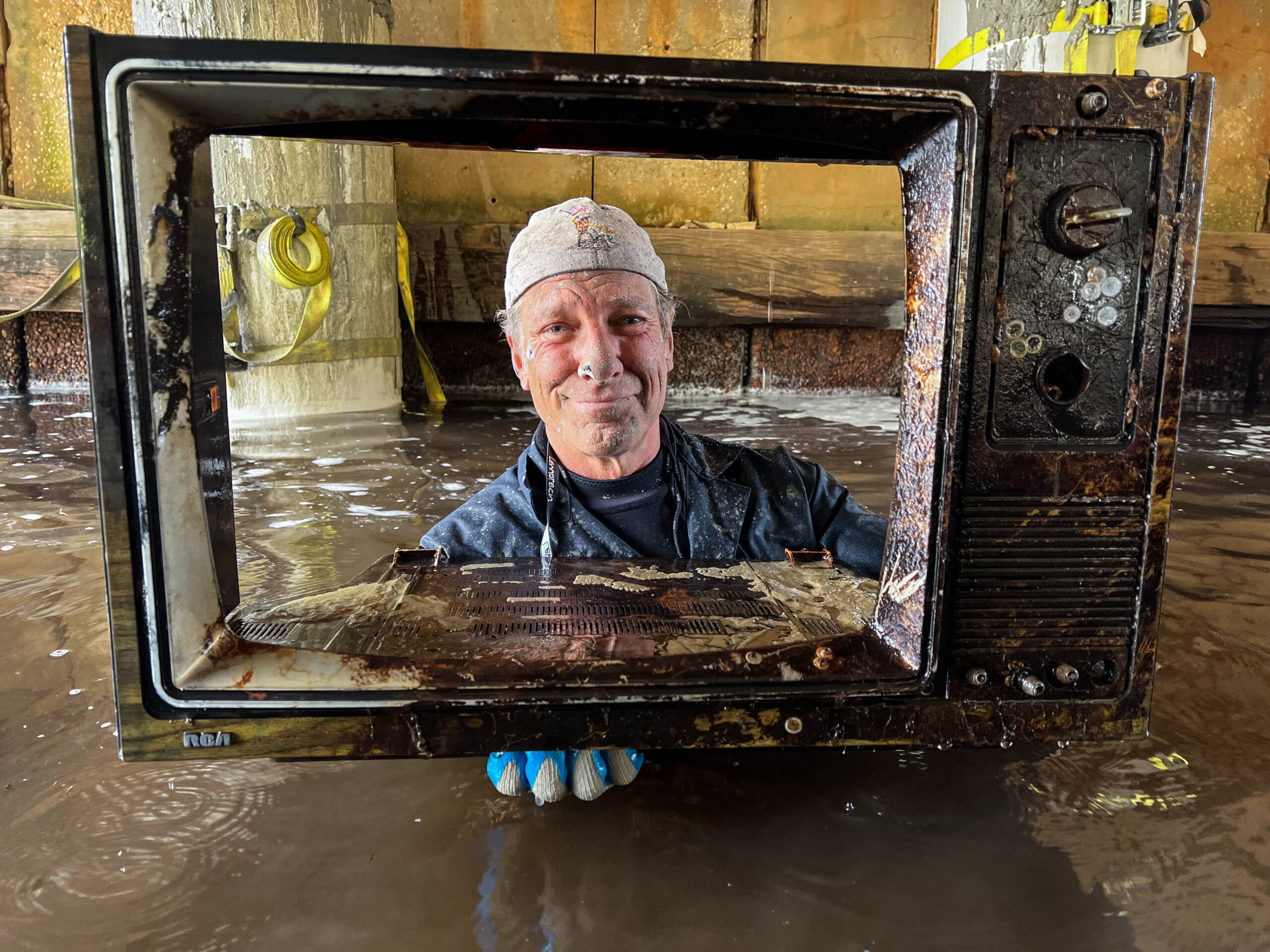
The next day, with TV crew in tow, he was back in action—this time in the sewers of San Francisco, profiling a sewage worker. The footage, he said, was “inappropriate” for his show, but he put it on the air anyway.
Then, something interesting happened. Letters started pouring in, with messages like this: “Hey, if you think that’s dirty, wait ’til you meet my brother, or my cousin or my dad or my uncle or my grandfather or my mom. Wait ’til you see what they do!”
That launched a regular segment, “Somebody’s Gotta Do It.”
Rowe’s grandfather got to see one episode of it.
“He was very nearly blind by the time he died. He was 91. So, he knew I had gone into this direction … and I’d like to think he approved. I’m pretty sure he did,” Rowe said.
‘Groundhog Day’ in a Sewer
The segment eventually led to “Dirty Jobs.”
The Discovery Channel show meant being on the road for much of the year, lots of showers, and even a change of attitude.
“I’ll tell you, honestly, I had to humble myself when my mom made her off-the-cuff suggestion I’d been impersonating a host for 15 years,” he said. “I was pretty good at hitting my mark and saying my line and creating the illusion of knowledge where it didn’t really exist, pretending to be an expert.”
Looking back, Rowe says during those early days when “Dirty Jobs” was on the air, it was jarring for audiences to see a guy who didn’t have the answers but was willing to “look under the rock” and bring viewers along.
“I stopped being a host; I started to become a guest. I stopped being an expert and started to be a full-time dilettante,” he said.
“And so, to the extent people might trust me, or at least give me the benefit of the doubt, I think it comes from the fact that they’ve seen me try and fail for 20 years, they’ve seen me crawl through a sewer. And when you see a guy covered with other people’s crap, you know, that guy’s not gonna lie to you.”
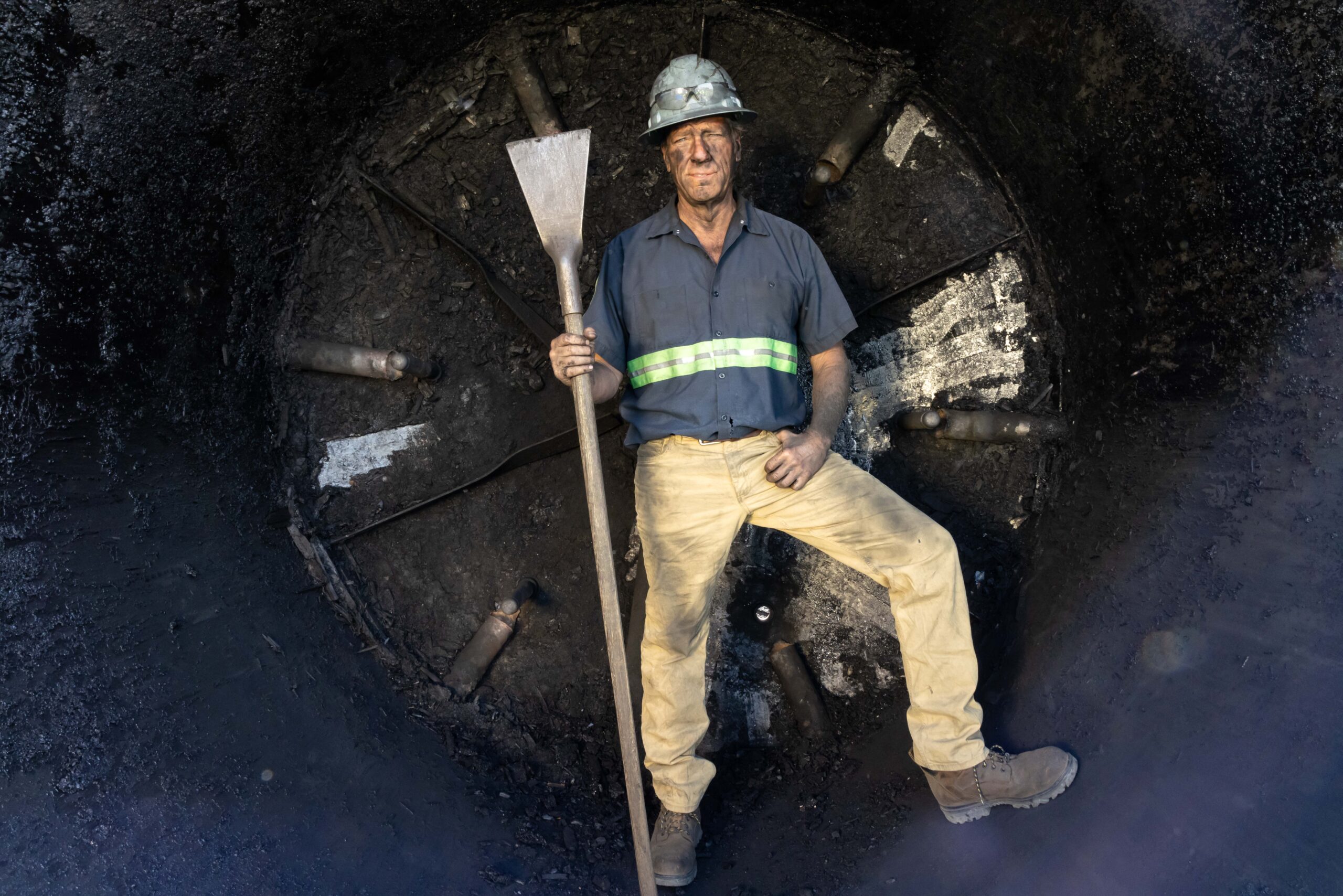
Challenging the Stigma
For the longest time, Rowe’s dream job was to host “The Daily Show.” He worked long and hard, with his eyes on the prize.
“They hired me twice to do that job. And each time, something went wrong—comically it just went wrong and didn’t work out.” He contemplated how close he had come. “But the truth is, looking back, not getting that gig was the best thing that ever happened to me.”
Life had other plans for Rowe.
A few years into “Dirty Jobs,” the recession hit. People were asking where the good jobs had gone. And yet, Rowe knew, they were out there. On every job site where he set foot, he saw “Help Wanted” signs.
On Labor Day 2008, he launched the mikeroweWORKS Foundation, which was essentially a PR campaign for the millions of unfilled jobs desperate for skilled workers. Over the years, the foundation has given $6.7 million in scholarships to nearly 1,500 people with a strong work ethic and the desire to pursue a career in the skilled trades.
Through his show, Rowe was showing the public what it was like to be a skilled trade worker: that in between going to work clean and coming home dirty, they brought pride and passion to their work; kept America connected with good roads and infrastructure, happy with indoor plumbing, and warm or cool depending on the season; and in the process, made a pretty good living, too.
Still, there’s the perception that dirty jobs are not jobs worth doing. As to how to change it, “that’s the million-dollar question,” Rowe said, “and if there were an easy answer, we wouldn’t have 11 million open jobs right now, and 7 million able-bodied men between the ages of 25 and 54 not only not working, but affirmatively not looking for work.”
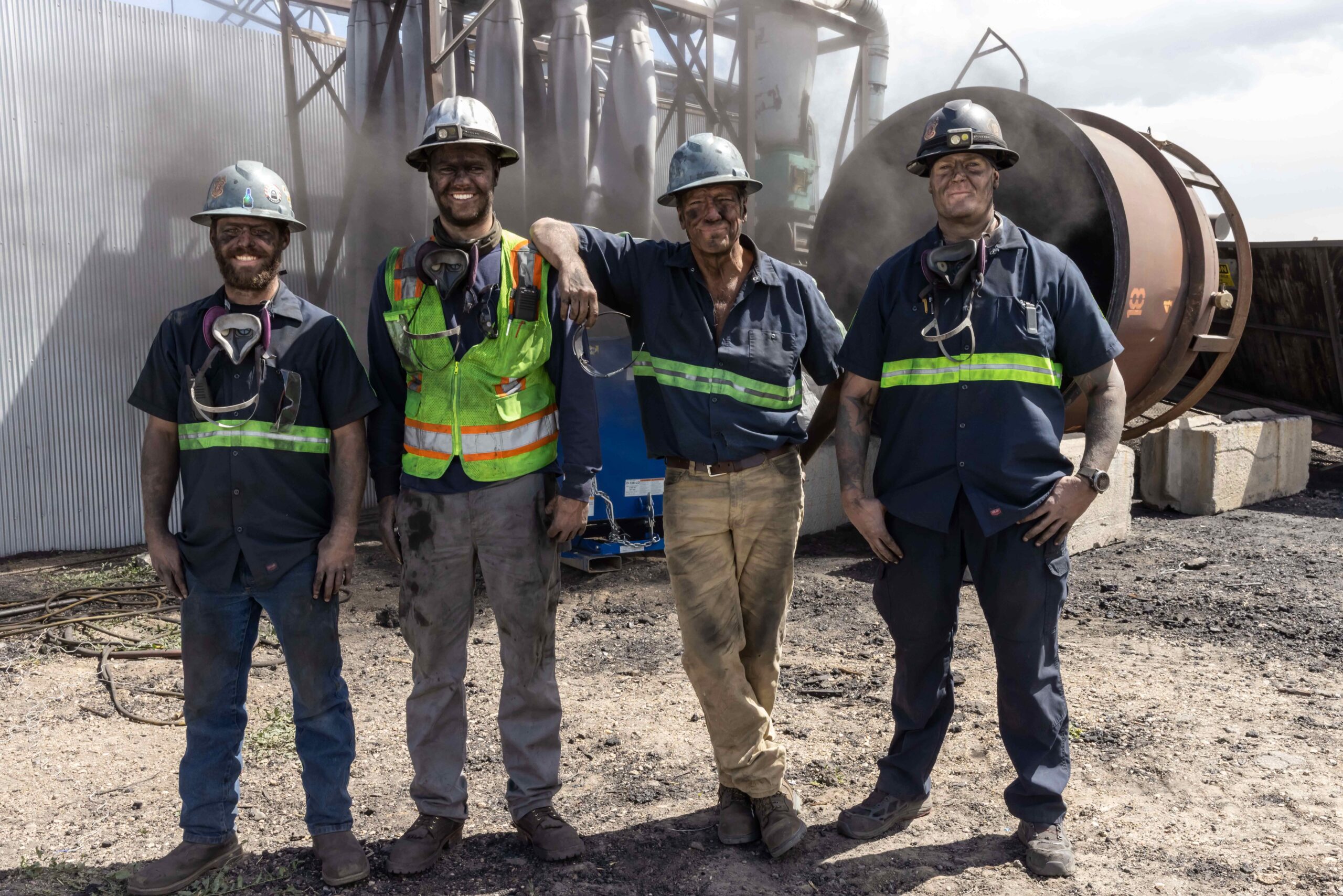
To some extent, Rowe knows what doesn’t work: “Lectures, sermons, scoldings. Men my age standing on their porch, shaking their fist at the heavens, and complaining about Gen Z and millennials.”
“The real way to challenge these stigmas and stereotypes and myths and misperceptions is to hit them squarely on the head. You need to show people that you really can make six figures. You need to show people that a good plumber today can make as much as he or she wants, and you can set your own schedule,” he said.
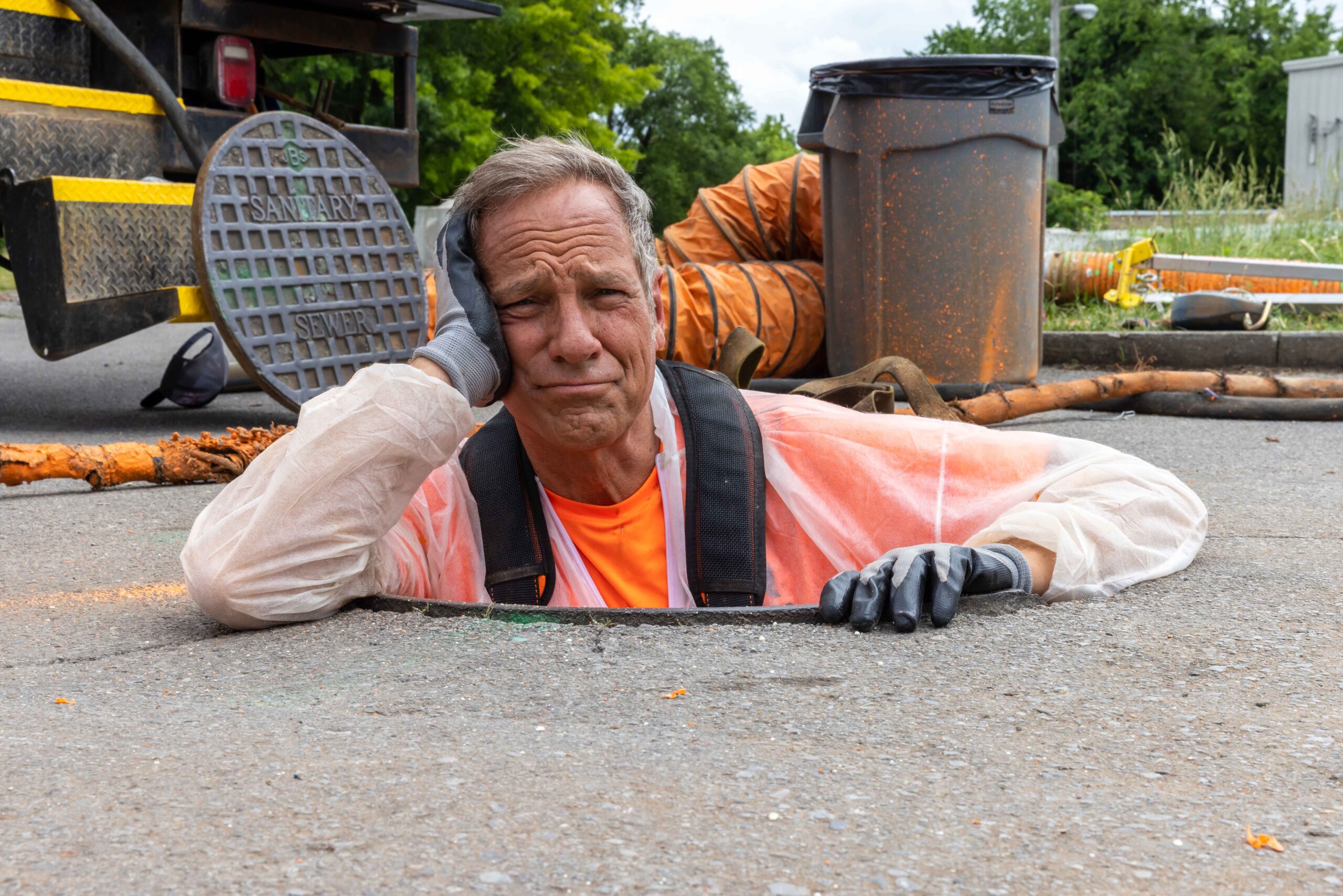
Now heading toward its 15th year, the foundation follows up with its scholarship recipients, documenting their successes, and Rowe shares their stories with nearly 6 million friends on social media.
“We can complain about the snowflake culture and the snowflake mentality, but we’re the clouds from which the snowflakes [came], and I think it’s incumbent on us baby boomers—the people who are my age—to hit the reset button. And we have to provide people with better examples of what success looks like.”
One example is Chloe Hudson, a welder at Joe Gibbs Aerospace in North Carolina. Her ambition in high school was to become a plastic surgeon, but a price tag of upwards of $350,000 was not appealing. Instead, she got a welding scholarship from mikeroweWORKS and now makes a six-figure salary.
“She’s living her best life,” Rowe said. “I talked to her the other day, and she’s like, ‘You know, I am kind of a plastic surgeon, except I’m not dealing with flesh and bone. I’m dealing with metal and steel and complicated compounds.’”
The road to prosperity doesn’t end at mastering a skill, either. For example, take a welder who hires an electrician, a plumber, and an HVAC worker. That becomes a $3 million mechanical contracting company—not bad for starting out with a $5,000 or $6,000 certificate.
Rowe added, “If you’ve mastered a useful skill, if you’re willing to think like an entrepreneur, and if you’re willing to go to where the work is—then I don’t think there’s ever been a better time in the history of the country to be looking for work, because the opportunities are everywhere.”
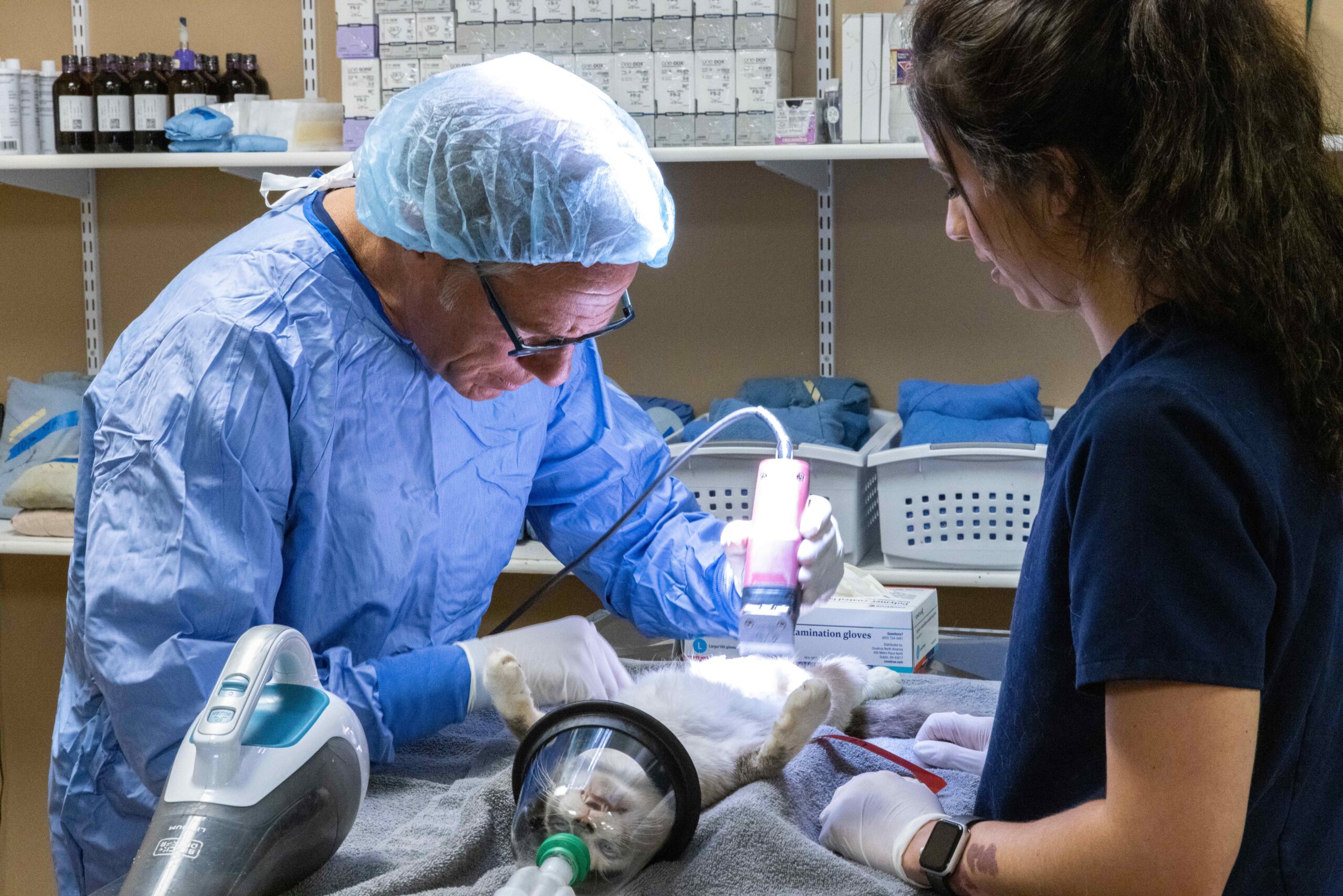
Mike Rowe Gives Relationship (and Job) Advice
Mike Rowe gives relationship advice—why not?
Years ago, Rowe wrote a Facebook post, which made the rounds online, about a good friend of his. This woman had been single her whole life and could not understand why. She was attractive and successful. Rowe suggested a dating service but she said no. He suggested she branch out across town, and try the museums, libraries, bars, and restaurants there. She declined again.
He said: “You’re not only looking for your soulmate; you’re looking for your soulmate in your own zip code. You’ve got a long list of qualifications: what they should look like, how much money they should make, how they should dress, where they should be from. So you just got all of these obstacles that you’ve put between yourself and the person who you believe can make you happy.
“And we do the same thing with work. We identify the job that’s going to make us happy, get the certification or degrees that we need, line up the interviews, etc., [but] we’ve got it backwards. We ask kids to imagine the job they want, long before they’re capable of doing that, and really, in many cases, before they have a good understanding of what their actual abilities are.”
Just as it happened to him, “you might realize that the thing you prepared yourself for is simply not the thing you’re going to do.”
“Everybody wants job satisfaction, and everybody wants happiness in their personal life, but if you start your quest with the notion that there’s a dream job, and you can’t be happy unless you get that job, it’s going to be a hard road—just as it’s going to be very difficult to find happiness in your personal life if you think there’s only one person on the planet walking around who’s capable of making you feel that way.”
Everyone Rowe met on “Dirty Jobs” was passionate, but few were doing the job they had in mind when they were young adults.
As Rowe says: “Don’t follow your passion—bring it with you.”
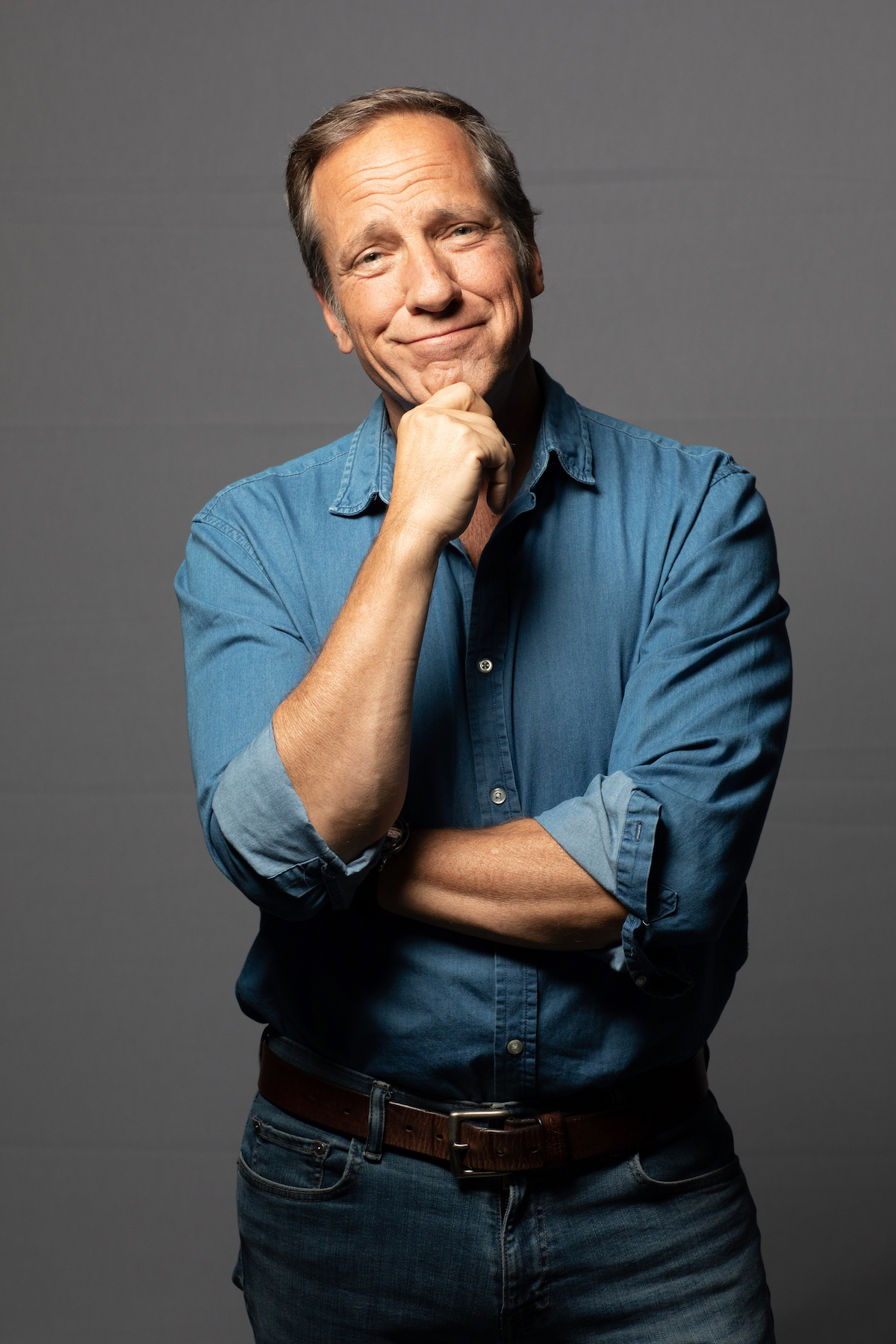
From April Issue, Volume 3


